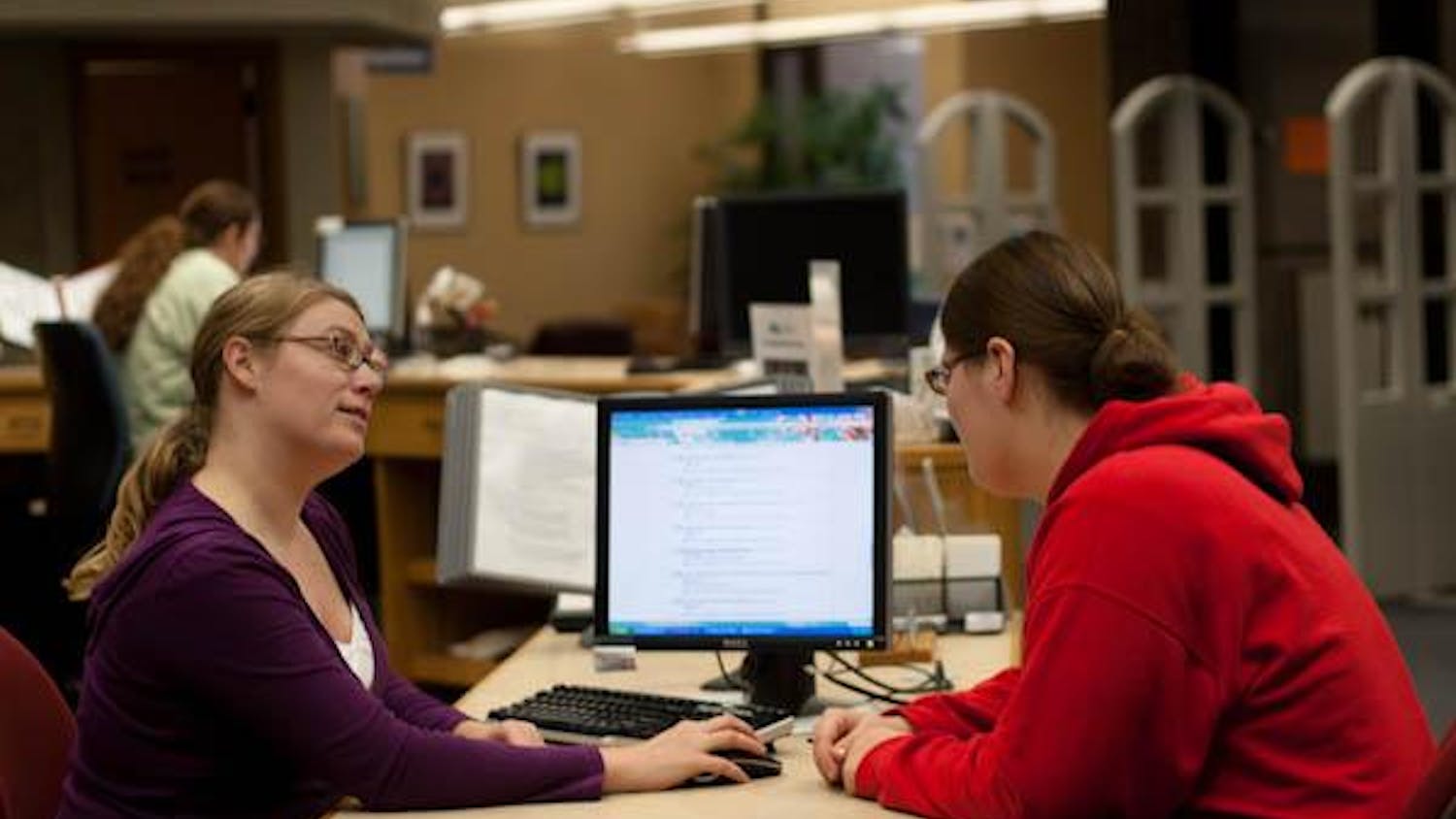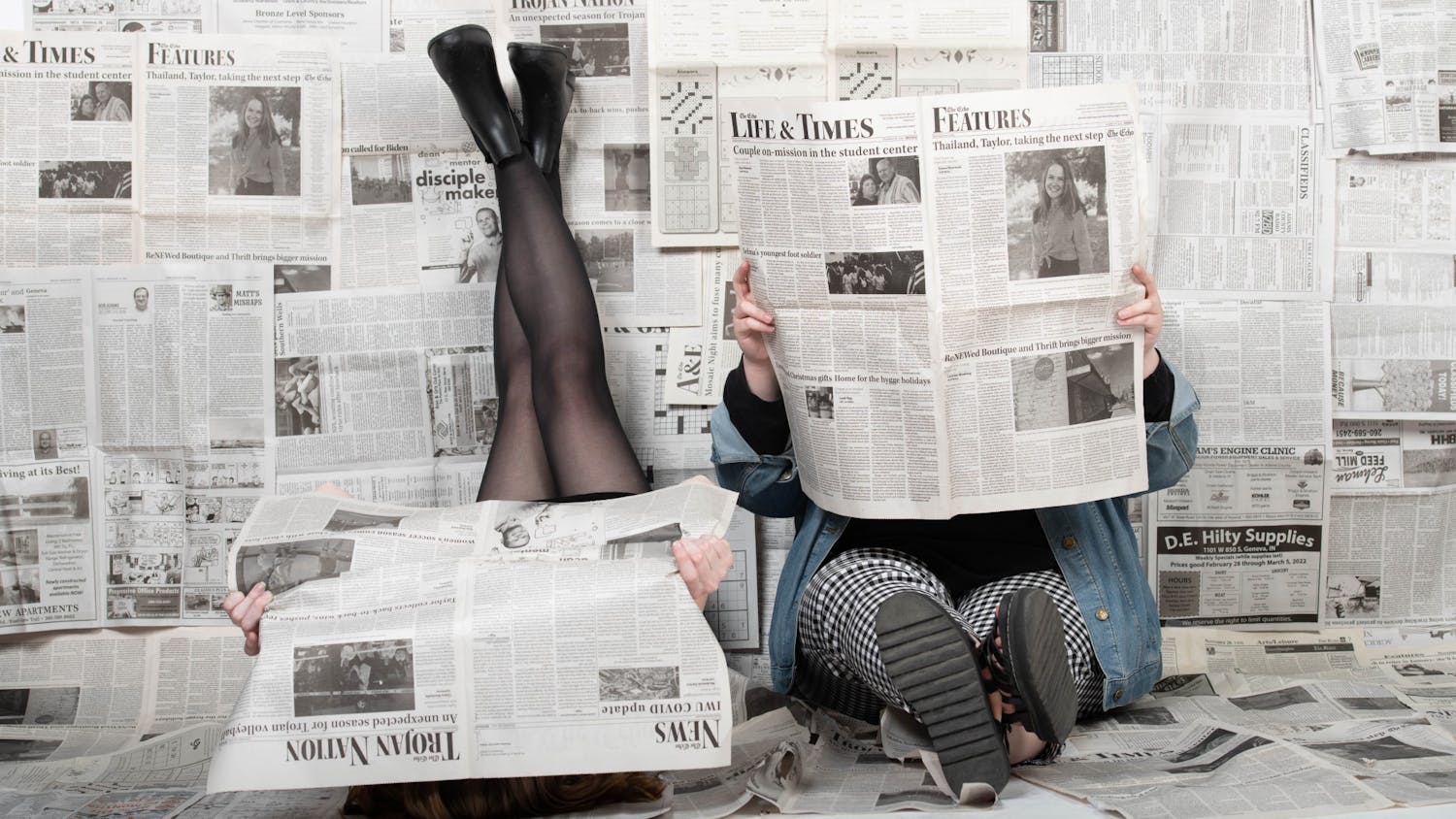Behind The Times
Kari Travis | Managing Editor
This was a week of lasts. At least, it was for the recently resigned Pope Benedict XVI. The last Sunday prayer service as the pope. The last full day of rule as the pope. The last helicopter ride as the pope.Of course, it's obvious that the media failed in its coverage of the pope's last days. We didn't get a play-by-play of the pope's last breakfast, or his last morning shower. We didn't even learn about his last afternoon nap. Okay, so the sarcasm here is a little obvious, but all of this does bring up a very good question.
Why do we care so much about the pope's resignation?
The fact is, we might not care so much. But regardless of what we think, (or don't think), the headlines have been taken hostage by reports about the pope. And whether or not it's a big deal to us, these developments are important to, well, the rest of the world.
At long last we get down to today's topic. Why in the world is the pope so important? Well, like most issues in the headlines, the answer can be reduced to one word. Politics.
Don't believe it? Consider this. Divorce, gay rights, adoption and education are all issues dealt with by the Vatican. You might also notice that these issues heavily influence the U.S. government.
When Pope John Paul II died in April 2005, The New York Times published an analysis of how the induction of a new pope would affect the voting tendencies of the American public. The conclusions of the article were impressive. Roman Catholic bishops, who were heavily influenced by the leadership of the pope, had an enormous impact on the voting preferences of parishioners.
Bishops are still subject to the decisions and opinions of the pope, reported ABC News. And Catholics still comprise a significant chunk of the U.S. electorate, about 22 percent, according to a study from the Public Religion Research Institute.
It might sound far-reaching to say that Catholics exercise such significant political clout, but precedent is there. For example, issues like abortion have consistently been a make-or-break issue for Catholics during election time. In the 2004 U.S. Presidential elections, we saw this play out when President Bush won over the then-Senator John Kerry. As you might guess, the win came due to Bush gathering a majority of the Catholic vote.
So much for separation of church and state.
In a nutshell, the new pope will have the power to sway not only the religious following of the Roman Catholic church, but also the future of the U.S., and therefore the world as a whole.
That's the kicker connection, absurd though it may sound. Now don't misunderstand. There is more to this topic, but we haven't time for more discussion. So while Benedict XVI is having his last supper, let us by no means consider this condensed analysis as the last word on the entire issue.





